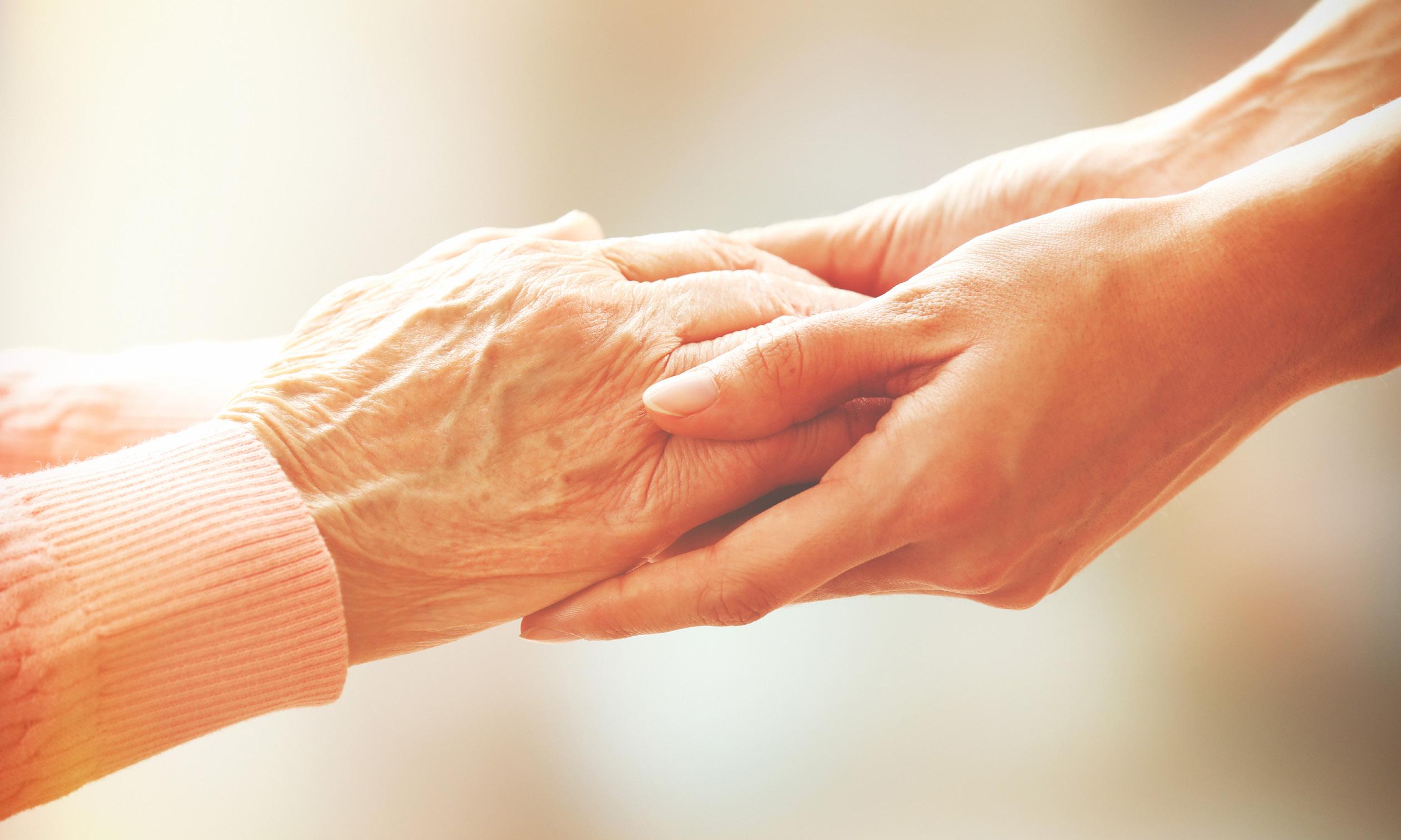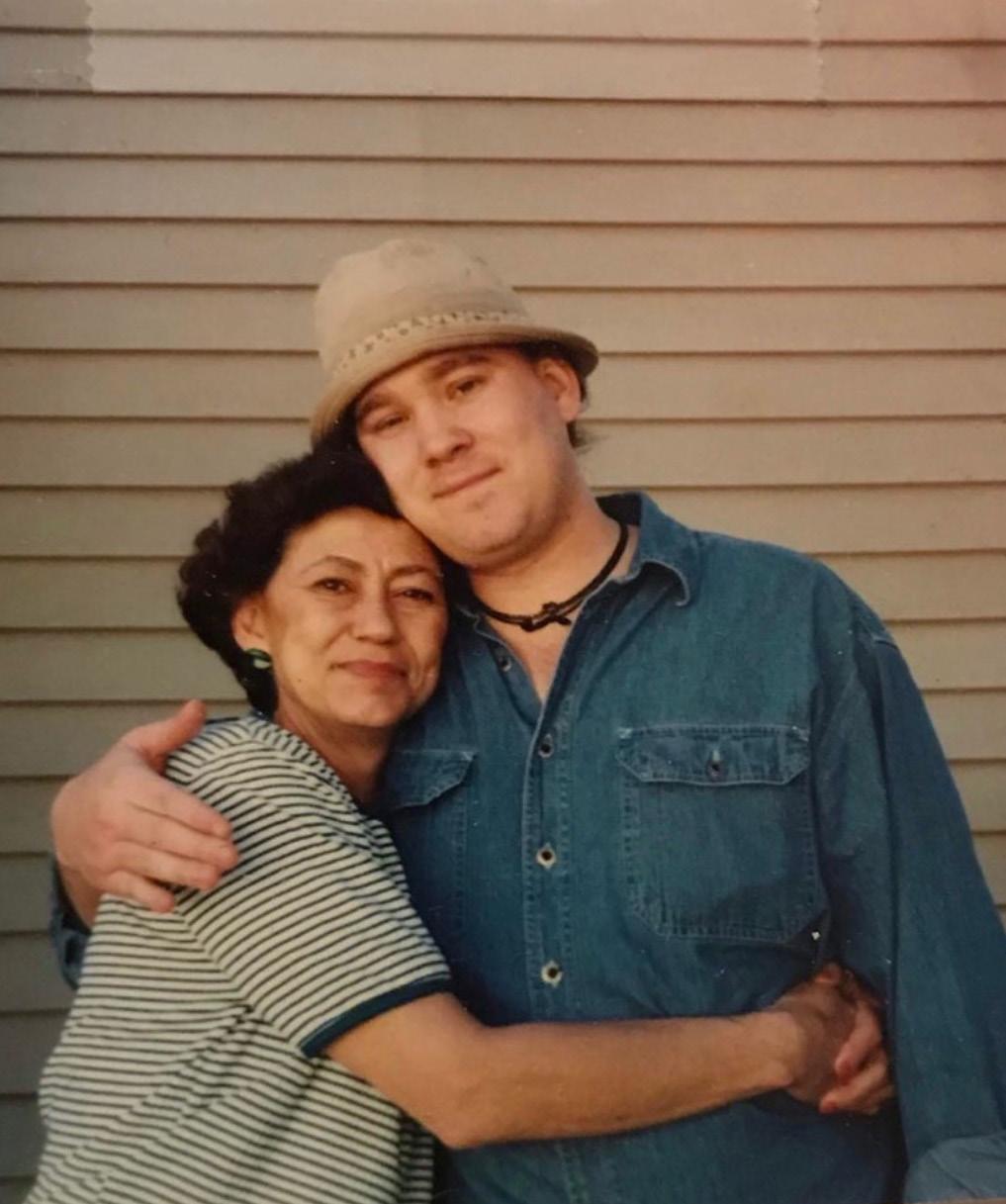
4 minute read
Her Last Show of Strength
By Chris Hadley
My mom was a fiery, tiny, beautiful dark haired lady. She grew up in a small mill town in South Carolina without a father. Her father, who was a brilliant electrician, was also a raging alcoholic. Her parents divorced early, and she grew up with a single mom. This was the start of a terrible cycle, as she would suffer the same fate as her mother.
Mom met Dad while out on the town one night, across the mighty Savannah River in Augusta, Georgia. A young blond-haired man respectfully introduced himself; he was recently stationed at Ft. Gordon and preparing for deployment to Vietnam. Boy did they hit it off! They were quickly married; I would make my entrance into this world within the next 9 months!
When Dad returned from Vietnam, Mom said he was never the same. He fell into a destructive cycle of alcohol abuse and violence. He left and returned several times before their divorce. My mom worked her tail off to try and provide a good education for me. In all the years after my dad left, she never remarried, or even dated another man. I was never sure if this was for my sake, or if she was truly heartbroken.
I left home after high school to come to the big city of Columbia, South Carolina. All these years later, I realized that it ain’t that big of a city. Eventually, I was married, and had two beautiful children. My mom, who became “Nana”, was on cloud nine. My children could not have had a more loving and caring grandmother!
The cancer diagnosis came, and it shook everything. Lung cancer, they said.

Then it spread, stealing more of her than we were ready to lose. But she fought. God, did she fight. Up until that Monday, when hospice was due to arrive, she was still herself. Cracking jokes, rolling her eyes at the fuss we made over her, pretending she wasn’t in pain even when we could see it in her eyes. She was brave, not for herself, but for us.
Sometimes you start to grieve whilst the person is still here — and ultimately you have to respect what the dying need, not what the left behind want. Hospice arrived that day, carrying with them a hospital bed, tubes, and the unspoken truth we were all too scared to say out loud. When they set the bed up in the living room, she looked at it, then at me, and shook her head. “I know what that bed means,” she said, her voice softer than I’d ever heard it. I wanted to lie, to tell her it was just for comfort, but we both knew better. She refused at first, sitting in her usual chair, hands folded like she could will away what was coming. But her body, once so strong, was failing her. By nightfall, she was too weak to fight the inevitable. I held her hand as she lay down, the weight of the moment pressing against my chest.
The next couple of days blurred after that. The hum of voices, the quiet shuffling of feet, the sound of her breathing— shallow, slower each time I listened. Then came Thursday. The room was quiet. Too quiet. I reached for her hand, but it wasn’t warm like it should have been.
She was gone. Just like that.
I sat there for a long time, holding onto the hand that had held mine through every scraped knee, every heartbreak, every moment of my life. She had been strong until the very end. And even in death, she left us with the greatest lesson of all—how to be brave. I will never forget the care and love that the ladies from hospice care showed our family. Hospice workers are truly remarkable souls, carrying a quiet strength and compassion that most could never fathom. They step into the hardest moments of life—not to fix the unfixable, but to bring comfort, dignity, and peace when everything feels unbearable. These components gently guide patients to find solace, love, acceptance, and support in their final moments, when nothing and no one else can comfort them.
If you know someone who is a hospice care worker, give them a hug. They deserve it!









